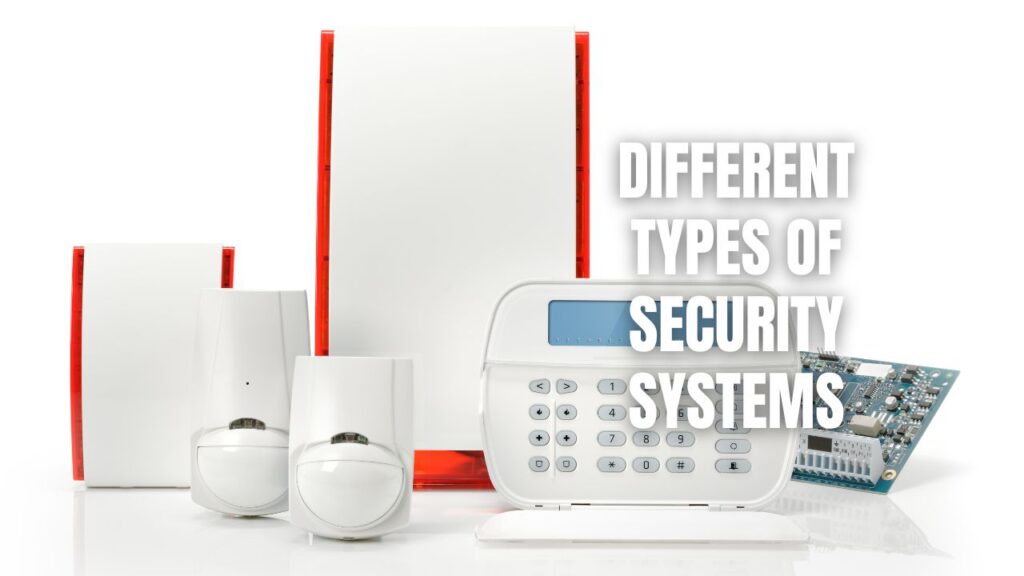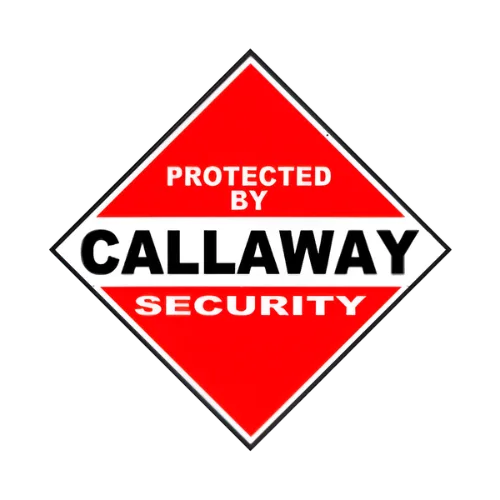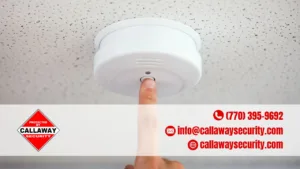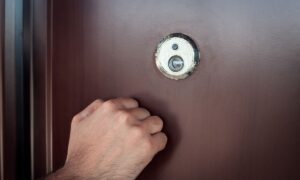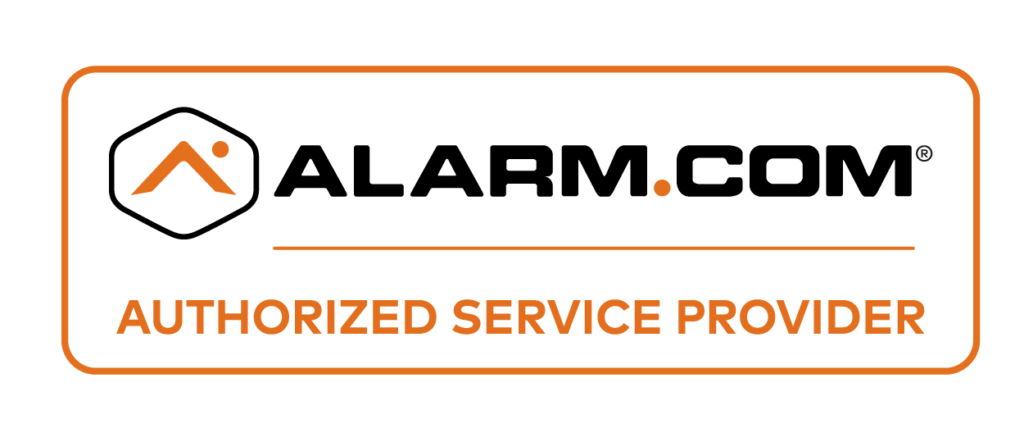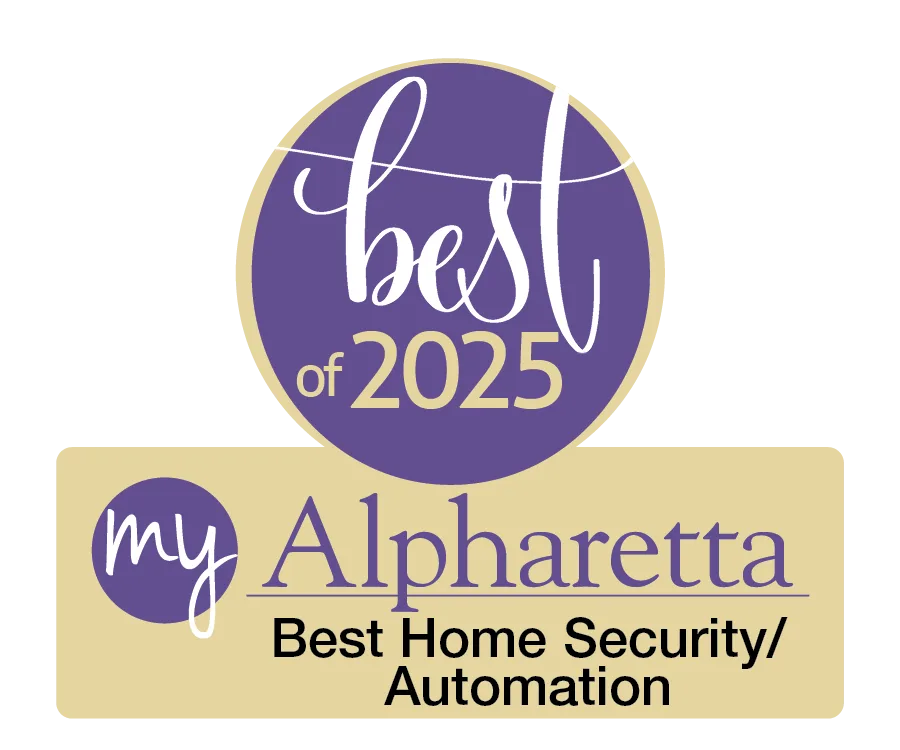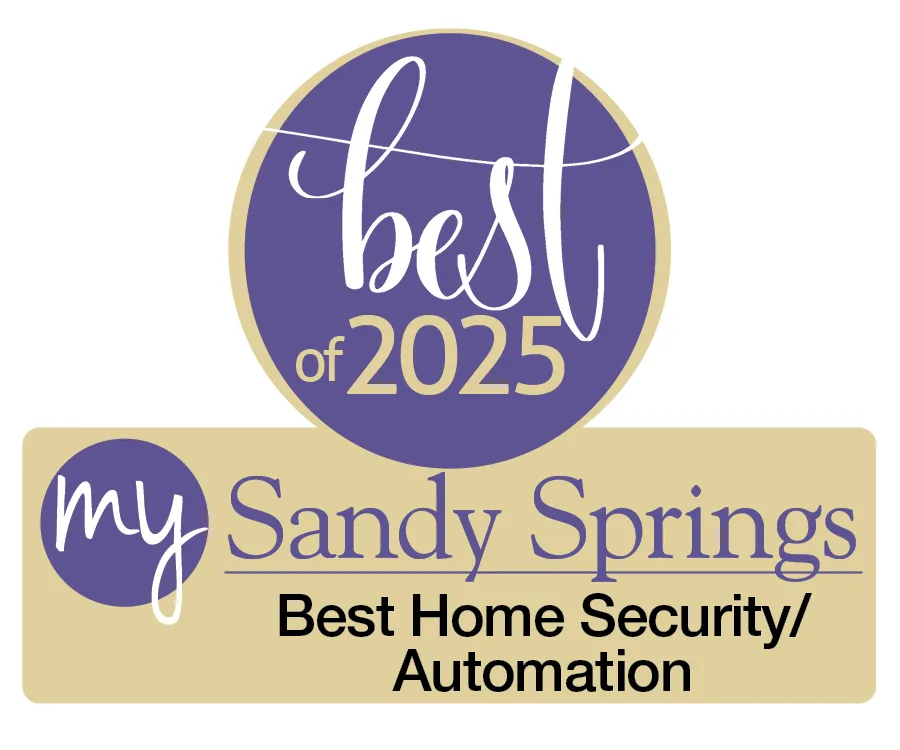Security systems come in many forms, each designed to safeguard properties, assets, and people. These systems range from traditional burglar alarms to advanced facial recognition software, offering different levels of security based on needs and budget.
Security is a top priority for homes, businesses, and public spaces. With the rise in crime rates and technological advancements, having a reliable security system is no longer a luxury but a necessity. Whether you want to deter intruders, monitor activities, or restrict access, choosing the right security system can make all the difference.
Key Takeaways:
- Security systems include alarms, cameras, and access control mechanisms.
- Monitored and unmonitored systems serve different security needs.
- Wireless and wired security systems have distinct advantages.
- Smart technology enhances security with remote access and automation.
- Fire and carbon monoxide alarms protect against environmental hazards.
- Businesses benefit from advanced access control and surveillance.

Types of Security Systems
Security systems can be broadly categorized into several types, each serving a unique purpose. Below is an in-depth look at the different types:
1. Burglar Alarm Systems
Burglar alarms detect unauthorized entry and deter potential intruders. They can be either monitored or unmonitored.
Monitored Burglar Alarms
These systems are linked to a professional security company. When triggered, they send alerts to a monitoring center, which then contacts emergency responders.
Unmonitored Burglar Alarms
These alarms produce a loud siren to alert neighbors and scare off intruders but do not connect to a monitoring service.
2. Security Camera Systems
Security cameras provide real-time surveillance and recorded footage for later review.
CCTV (Closed-Circuit Television) Cameras
CCTV cameras are used in homes and businesses for constant monitoring. They record footage that can be reviewed later.
IP CCTV Systems
These cameras use internet protocol (IP) technology to broadcast and store video footage on cloud-based servers, offering remote access and high-definition video quality.
3. Smart Security Systems
Smart security solutions integrate with modern technology to offer remote access and automation.
Smart Locks
Smart locks allow homeowners and businesses to control access via smartphones, keypads, or biometrics.
Video Doorbells
Video doorbells offer two-way communication and video surveillance at the entrance.
4. Environmental Hazard Detection Systems
Security isn’t just about intruders; environmental hazards can be just as dangerous.
Fire Alarm Systems
Fire alarms detect smoke or heat and alert occupants, preventing fire-related damages and fatalities.
Carbon Monoxide Alarms
These alarms detect lethal carbon monoxide gas and sound an alert, ensuring occupant safety.
5. Access Control Systems
These systems restrict entry to authorized individuals using credentials like keycards, biometric scans, or PIN codes.
Keycard Access Systems
Businesses commonly use these systems to grant access to employees while restricting unauthorized entry.
Facial Recognition Software
Advanced facial recognition software identifies individuals and is often integrated with surveillance cameras for added security.
6. Wired vs. Wireless Security Systems
Security systems can be either wired or wireless, each with its benefits and drawbacks.
Wired Security Systems
These systems require physical wiring and are typically more reliable but harder to install and modify.
Wireless Security Systems
Wireless systems use radio signals for communication, offering easy installation and remote access.
Types of Security Systems for Business
Businesses require comprehensive security solutions to safeguard assets, employees, and data.
Access Control Systems
Keycard access, biometric authentication, and facial recognition systems help businesses restrict unauthorized entry.
Surveillance and CCTV Systems
Advanced surveillance systems provide real-time monitoring and prevent theft or unauthorized access.
Monitored Security Systems
Businesses benefit from professionally monitored alarms that ensure quick response to security breaches.
Cybersecurity Measures
Beyond physical security, businesses must also protect their digital assets with firewalls, intrusion detection systems, and encrypted access.
Additional Facts About Security Systems
- Modern security systems integrate artificial intelligence to improve threat detection.
- Many insurance companies offer discounts for homes and businesses with security systems.
- Smart security systems can be integrated with home automation for enhanced convenience.
- Motion sensors and glass-break detectors enhance burglar alarm effectiveness.
- Cloud-based storage allows secure footage access from anywhere in the world.
Frequently Asked Questions
1. What is the best security system for a home?
The best security system depends on individual needs. A combination of smart locks, security cameras, and a monitored alarm system is ideal for most homes.
2. Do wireless security systems work as well as wired ones?
Yes, modern wireless systems offer reliable security and are easier to install and upgrade than wired systems.
3. Are security cameras enough to prevent crime?
Security cameras deter crime by making criminals aware of surveillance, but combining them with alarms and access control enhances protection.
4. How do monitored security systems work?
Monitored security systems send alerts to a professional monitoring service, which contacts emergency responders when needed.
5. What is the role of AI in security systems?
AI enhances security by analyzing patterns, detecting anomalies, and improving facial recognition accuracy.
Choosing the Right Security System
Security systems provide peace of mind by protecting homes, businesses, and valuable assets. Understanding the various types available helps in selecting the most suitable option based on security needs and budget. Whether opting for a basic alarm system or an advanced AI-integrated surveillance network, investing in security is always a smart decision.sed on security needs and budget. Whether opting for a basic alarm system or an advanced AI-integrated surveillance network, investing in security is always a smart decision.
Contact Callaway Security™ today to ensure that your security system is professionally installed!

